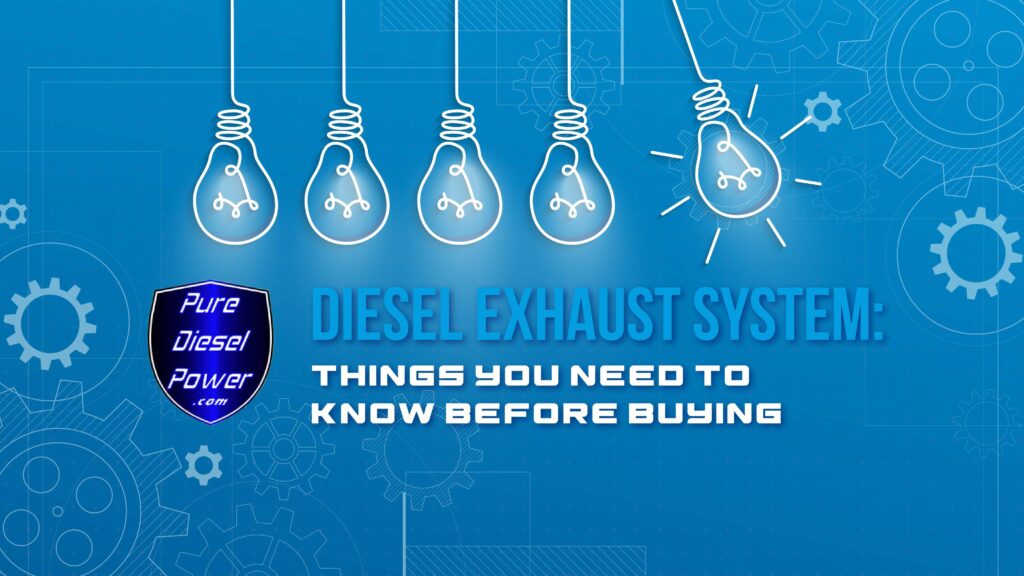Diesel is one of the many fuels available to customers. It is extensively utilized in agriculture, transportation, construction, and a variety of other industries. Diesel, like gasoline, is a petroleum product. They are, nevertheless, distinct according to how they were created. While diesel and gasoline begin as crude oil, the crude oil is refined into lighter and heavier liquids inside the refinery.
In contrast, diesel fuel is made from the most severe component. Additionally, diesel fuel is more stable and combustible than gasoline. Moreover, diesel engines operate at a high temperature and compression ratio to ignite the dense fuel.
The diesel engine was developed in the 1890s by a German inventor named Rudolf Diesel. It began when diesel recognized the inefficiencies of internal combustion engine conversion. Additionally, gasoline engines compress the fuel and air to ignite gas through a spark plug, while diesel engines compress just the air. Compression of this magnitude causes the air to get sufficiently hot to ignite the diesel fuel.
Diesel engines are often employed in mechanical engines, power generators, and mobile driving applications. They may also be found in locomotives, underground, and in agriculture. Nowadays, diesel generators are primarily used for electricity production. In the manufacturing sector, even a little interruption results in substandard product quality. When a blackout occurs in a manufacturing facility, all operations are impacted. As a result, backup diesel generators may offer an emergency power source to safeguard any sector that faces significant product, reputation, and financial losses.
Additionally, the Diesel Exhaust Fluid comprises urea and de-ionized water, both of which are non-hazardous. It is sprayed into the exhaust stream of diesel automobiles to convert harmful NOx emissions to harmless nitrogen and water; this is referred to as Selective Catalytic Reduction (SCR). At the moment, SCR is the most effective method available for dissolving and reducing unclean and hazardous vapors.
How is a diesel engine maintained?
When maintained according to the manufacturer’s recommendations, diesel engines such as the Dodge Cummins 5.9L will offer long, trouble-free life. This requires regular oil, coolant, and filter changes and the use of high-quality engine oil and diesel fuel. Additionally, the Dodge Cummins 5.9L engine operates on the same principles as most four-stroke diesel engines and compression ignition engines. It is no longer advised to use 5.9 Cummins Injectors diesel engines for extended periods. Perhaps, it is a six-cylinder inline engine.
If you are interested to know more about diesel exhaust systems, below is an infographic from PURE DIESEL POWER discussing the things you need to know before buying:

